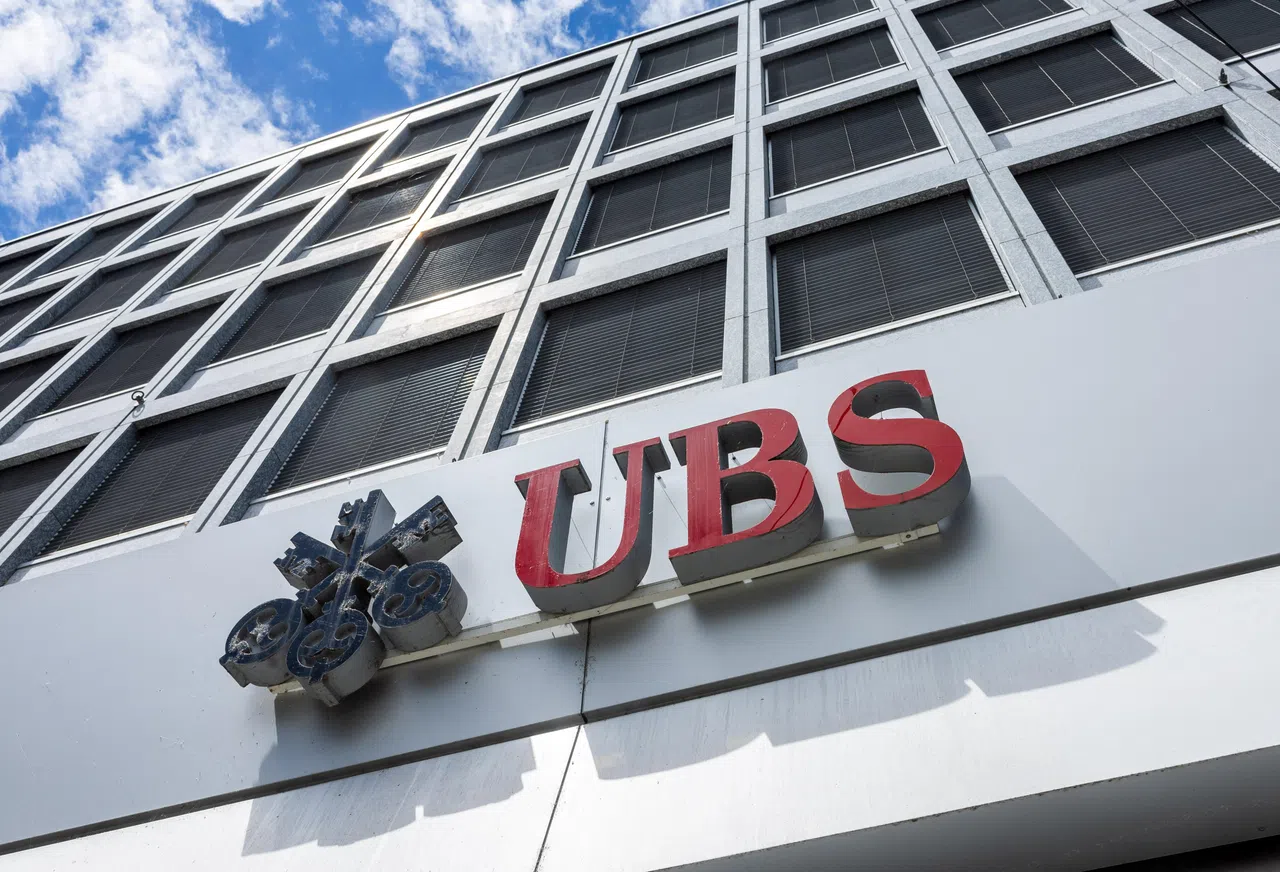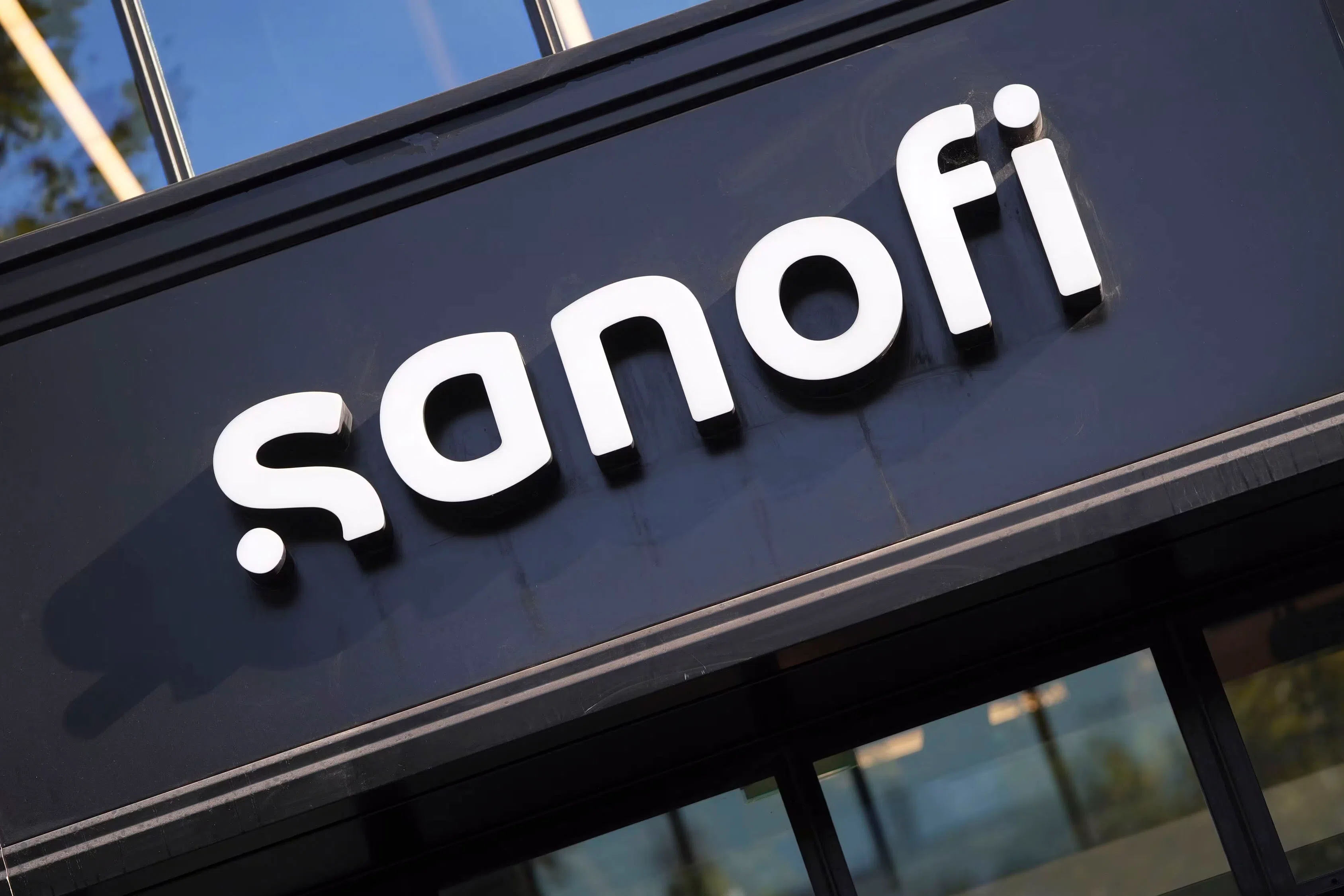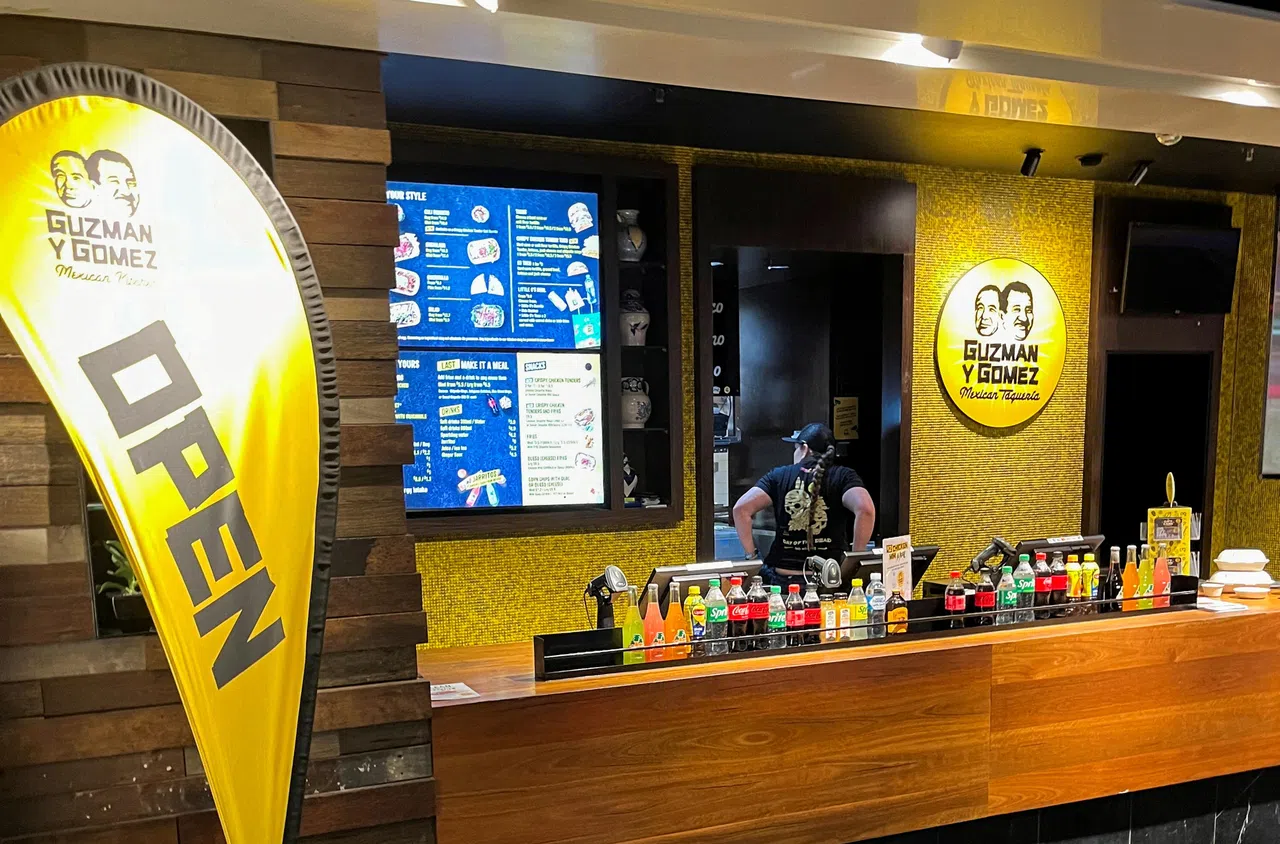INVESTORS that aim to hedge volatile stock market movements have started moving away from bonds into other forms of “uncorrelated assets”, particularly private credit, said panellist Bobby Jain at the UBS Singapore Family Wealth Forum.
Jain, the founder and chief executive of New York-based investment management firm Jain Global, said that the 40 per cent allocation for bonds in a 60/40 portfolio used to be easy, as bonds tended to rally when “generally speaking, things went wrong”.
“Now (buying bonds to hedge equities) is not obvious anymore,” he said during a panel discussion on Thursday (Jun 20). “The equity market could go down because the bond market goes down.”
People are therefore looking for ways to get into “uncorrelated assets”, including investing in private equity and private credit, he added.
These uncorrelated assets refer to those that are not affected by more traditional asset classes, such as stocks.
Jain, also the former co-chief investment officer at hedge fund Millennium Management, was speaking at the forum which was attended by around 300 ultra-high-net-worth individuals, who have at least US$30 million in investable assets.
BT in your inbox
Start and end each day with the latest news stories and analyses delivered straight to your inbox.
He noted that within alternatives, private credit had “taken up a lot” of the uncorrelated assets space.
This is backed by research from Preqin, which forecast in its latest private markets outlook that private credit will nearly double in size to reach US$2.8 trillion by end-2028.
While fundraising for venture capital funds and private equity funds have faced “big headwinds”, he said the fundraising environment has been “reasonable” for alternatives – including hedge funds and private credit – and many investors have been “underweight” in this area.
His own hedge fund is expected to start trading in July this year, with a US$5 billion fundraising goal. Prior to his role at Millennium, he spent 20 years at Credit Suisse.
The forum comes after UBS released its Global Family Office report in May, which indicated that more than a third of single-family offices across the world are planning to increase their investments into Asia-Pacific – excluding the Greater China region – in the next five years.
The report also noted an increased appetite for alternatives among Asia-Pacific family offices, as they plan to increase their allocation in private equity (24 per cent direct investments and 32 per cent funds or funds of funds), private debt (28 per cent) and hedge funds (31 per cent) in the next five years.







